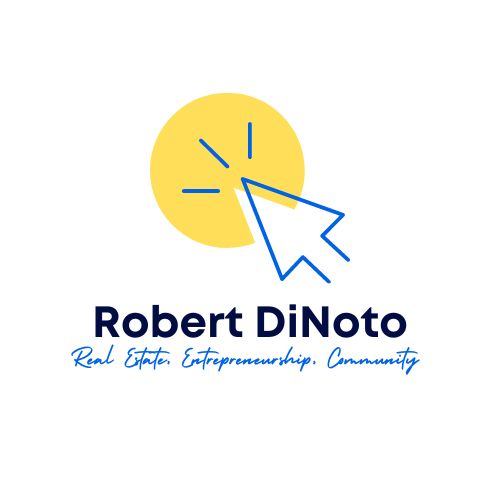Technology has revolutionized the real estate industry, transforming the way transactions are conducted. From property listings and virtual tours to digital contracts and blockchain, advancements in technology have made real estate transactions faster, more transparent, and more efficient.
One of the most significant technological advancements in real estate transactions is the use of digital platforms and online marketplaces. These platforms have streamlined the property search process, making it easier for buyers and sellers to connect. Potential buyers can now browse listings, view high-quality images, and take virtual tours of properties from the comfort of their homes. Virtual reality (VR) technology takes this a step further by offering immersive experiences that allow buyers to explore properties in 3D, providing a more comprehensive understanding of the space without the need for physical visits.
Digital contracts and electronic signatures have also modernized real estate transactions. The traditional process of signing and exchanging paper documents is time-consuming and prone to errors. With digital contracts, all parties involved in a transaction can review, sign, and submit documents electronically. This not only speeds up the process but also enhances security by reducing the risk of document tampering. E-signature solutions comply with legal standards, ensuring that electronic signatures are as valid and binding as traditional handwritten signatures.
Blockchain technology is another innovation transforming real estate transactions. Blockchain provides a decentralized and immutable ledger for recording transactions, which enhances transparency and reduces the potential for fraud. Each transaction is securely recorded in a block and linked to previous transactions, creating a chain that is visible to all parties involved. Smart contracts, a feature of blockchain technology, automatically execute and enforce the terms of a contract when predefined conditions are met. This automation reduces the need for intermediaries, such as brokers and lawyers, and lowers transaction costs.
Artificial intelligence (AI) and machine learning are also playing a significant role in modernizing real estate transactions. AI-powered tools can analyze vast amounts of data to provide insights and predictions about property values, market trends, and investment opportunities. For example, predictive analytics can help investors identify emerging markets and make informed decisions about where to buy or develop properties. AI chatbots and virtual assistants can handle customer inquiries, schedule viewings, and provide personalized property recommendations, enhancing the overall customer experience.
Mobile technology has further simplified real estate transactions by allowing buyers, sellers, and agents to conduct business on the go. Mobile apps provide access to property listings, market data, and communication tools, enabling real-time collaboration and decision-making. Mobile payment solutions facilitate secure and convenient financial transactions, such as deposits and rent payments, reducing the need for physical cash or checks.
Data security is a critical consideration in the digital transformation of real estate transactions. As more information is shared and stored online, protecting sensitive data from cyber threats is paramount. Advanced encryption, secure login protocols, and regular security audits are essential measures to safeguard data and ensure the integrity of transactions. Regulatory compliance, such as adherence to General Data Protection Regulation (GDPR) standards, is also crucial to protect the privacy of buyers and sellers.
In conclusion, technology has significantly modernized real estate transactions, making them more efficient, transparent, and secure. Digital platforms, virtual tours, electronic signatures, blockchain, AI, and mobile technology have all contributed to streamlining the process and enhancing the customer experience. As technology continues to evolve, the real estate industry will likely see further innovations that will continue to shape the way transactions are conducted, making the process even more seamless and accessible for all parties involved.

